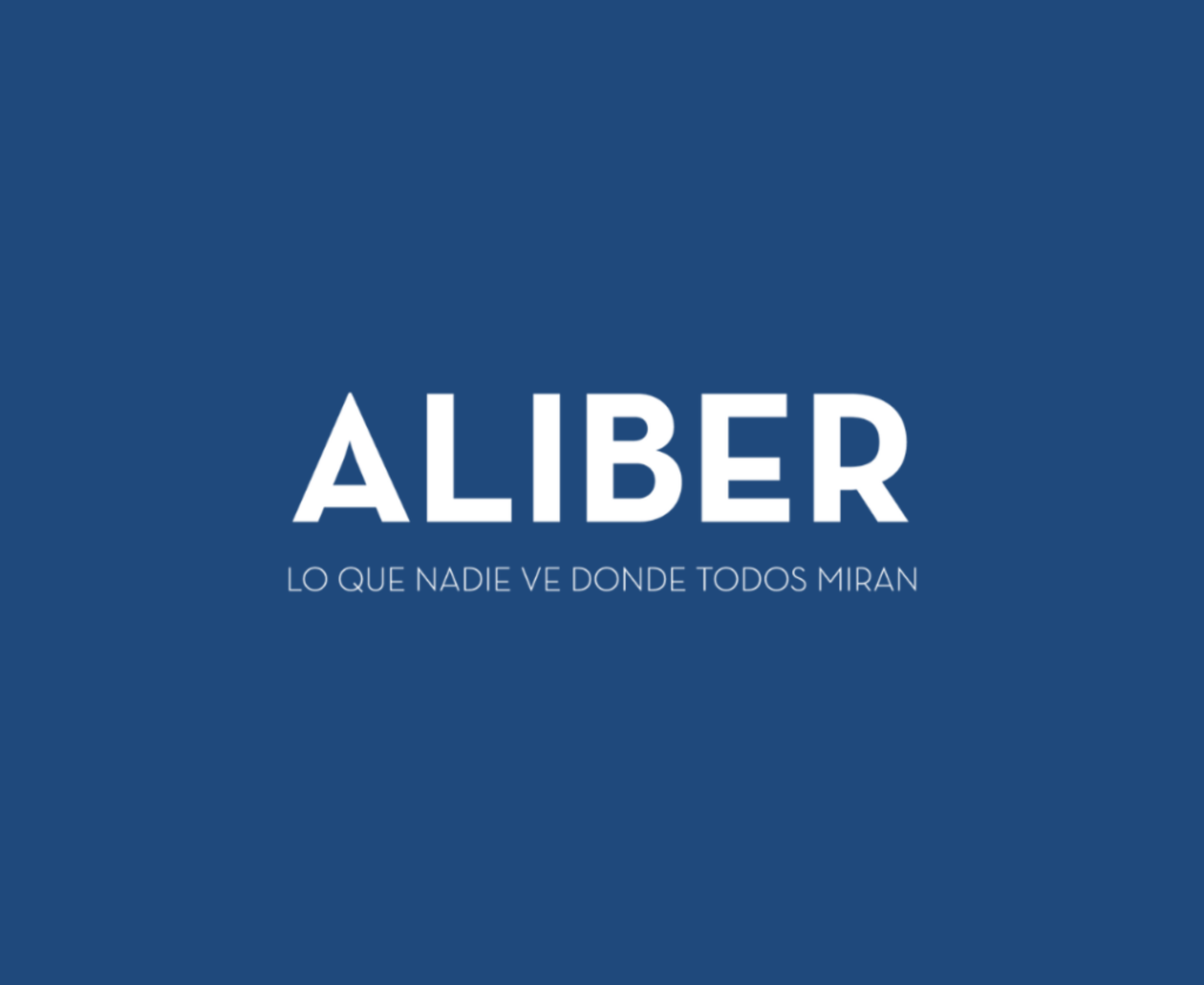
Joining forces in R&D to face common challenges
Innovation consultancy for consortium project management
Today, more than ever, business cooperation is essential to tackle R&D&I projects that provide answers and solutions to sectoral problems. From the Innovation Consultancy area, we provide support in the management of national and international consortium projects.
An example of this is the Agrotechco project that has recently ended with important advances for Spanish organic horticulture under glass.
Business cooperation is one of the best strategic options to overcome limitations and face common challenges. Through collaboration by means of joint innovation projects, companies often manage to solve problems or achieve objectives that benefit the sector as a whole, as well as gaining operational size or improving their individual competitiveness.
After 25 years as a project management consultancy and providing R&D&I financing services, we put our experience at the service of our clients to support them in the presentation, monitoring and justification of their national and international consortium projects. With a special focus on the agri-food industry, we offer a double specialisation: sectorial and technological on the one hand, and in the management of all types of financial instruments on the other.
In addition, we participate directly in the preparation and articulation of the content of the private collaboration agreements between the different entities that make up the R&D&I project, in order to articulate the organisational structure of the consortium and ensure its proper functioning and coordination.
Public funding of R&D&I
R&D&I activities are a key factor for economic growth. That is why, increasingly, large companies in our country are incorporating structures dedicated to innovation, at the same time as the public budgetary effort allocated to innovation aid is growing.
Public bodies such as the Centro para el Desarrollo Tecnológico Industrial (CDTI), the Agencia Estatal de Investigación (AEI), the Ministerio de Agricultura, Pesca y Alimentación (MAPA) and the Ministerio de Ciencia e Innovación (MICINN) provide aid in the form of subsidies, public procurement or soft loans for investment in R&D&I projects applied to different productive sectors. These aids thus contribute directly to increasing the level of business investment in R&D&I activities and, therefore, maximise their impact.
At artica+i, we have been providing our clients with information about these grants and advice on how to make the best use of them for more than two decades. Focusing on projects managed by our team and funded by the CDTI, innovative initiatives in the wine sector include VINYSOST and GLOBALVITI, both projects funded under the Strategic Programme for National Business Research Consortia (CIEN), as well as the FEDER-Innterconecta FRESHWINES project.
Agrotechco R&D project, a success story
After two and a half years of development, the R&D project Agrotechco has come to an end with important advances for Spanish organic horticulture under glass. This initiative, whose full title is ‘Agronomic and biotechnological strategies to improve the competitiveness of the Spanish organic horticulture sector’, has managed to implement a series of agronomic and biotechnological strategies aimed at improving and boosting the competitiveness of Spanish companies in this sector.
Agrotechco, which has been coordinated by Semilleros Laimund, has counted on the participation of the company Ejiturbas, as well as the collaboration of the research group of the Department of Plant Production of the Polytechnic University of Valencia (UPV). In addition, the consortium has placed its trust in our Innovation Consultancy team to rely on our technological project management service.
For its implementation, the project has had a budget of over one million euros, co-financed by the Centro para el Desarrollo Tecnológico Industrial (CDTI) with ERDF funds from the European Union through the Multi-regional Operational Programme for Intelligent Growth 2014-2020.
A step closer to organic farming
Agrotechco has thus worked on improving soil management, soil disinfection and regeneration, the development of alternatives for pest and disease control and the identification of plant material suitable for organic farming.
The consortium that has promoted this initiative considers that “the most relevant result of Agrotechco has been to improve and advance in the production of ecological substrates”. “Specifically, we have obtained microorganisms that can be used in mixtures with substrates,” they add. They also explain that it has been proven that the application of organic matter of different origins allows for the improvement of soils. Through the development of these new ecological substrates and the preparation of a report on their applicability, the experts insist that “new information has been obtained on the use of substrates for ecological agriculture”.
Despite the fact that, in general, in Spain there are currently technical impediments to the conversion of traditional crops to organic farming, Agrotechco has managed to provide valuable information for the application of the different techniques and products it has developed. Thus, the companies involved in the project are confident that these advances can continue to be gradually applied to conventional production, “as positive results have been observed”. “Organic farming is currently a form of production that is beginning to be implemented in the majority, although not completely. In fact, there are techniques that are already being used on a regular basis, although production is not completely organic”, they explain. For this reason, they conclude that “Agrotechco has been useful in obtaining very valuable information to be able to apply it to our work system”.









